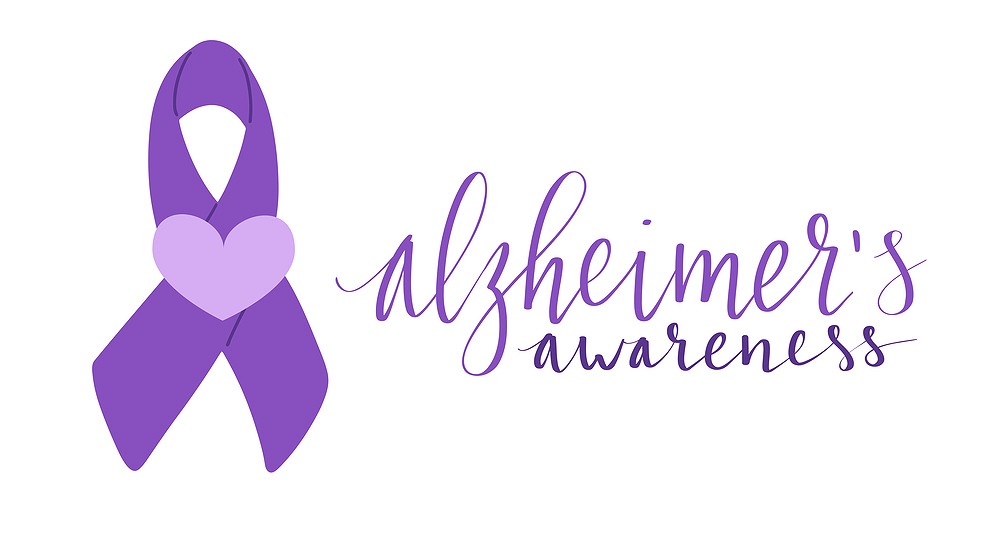Virtual Speech Therapy May Help Slow Progression of Dementia and Alzheimer’s Disease
Over 55 millionpeople in the U.S. are living with Alzheimer’s disease (AD) or another form of dementia. Recognizing June as Alzheimer’s and Brain Awareness Month is an opportune time to educate and learn how these conditions affect the brain as well as to distinguish the role of Speech and Language Pathologists (SLPs) in treating people with speech and communications challenges associated with these diseases.
Common symptoms of AD and dementia include:
- Memory loss that disrupts daily life
- Challenges in planning or solving problems
- Difficulty completing familiar tasks at home, at work or at leisure
- Confusion with time or place
- Trouble understanding visual images and spatial relations
The medical community is strongly focused on finding a way to slow and even reverse these conditions with virtual speech therapy positioned to support patients and their caregivers. SLPs are here to help!
Benefits of Speech Therapy for Seniors with AD and Dementia
Upon diagnosis with AD or dementia, it is important to begin care as soon as possible. Setting up a meeting with a certified SLP, planning early intervention and establishing speech therapy goals helps delay the onset or progression of issues related to self-expression. This improves a person’s quality of life, interpersonal and familial relationships and the impact of the worsening symptoms.
Speech and language therapy means not only working on speech-related issues, but also stimulating the brain so that language skills, including memory, also improve. A key goal of care is to improve current cognitive function as much as possible and to work on recovering lost functions. This involves developing coping skills in order for individuals to manage their disease as effectively as possible and addressing memory loss and other cognitive deficits.
Personalized Care
At Great Speech, we utilize proprietary algorithmic patient-matching technology. This considers multiple data points to create the best-indicated therapy/patient care partnership to provide more specialized care, more focused therapy and faster results in a shorter time frame. Our network of 200+ certified SLPs provide individualized therapy plans specific to those with AD or dementia.
Some of these strategies include:
- Frequent Repetition of important information;
- Using written words and/or pictures to help carry out tasks;
- Making “memory books” to help remember personal information; and
- Educating family members and caregivers on how to communicate better with the person with AD or dementia.
Benefits of Virtual Speech Therapy for Seniors with AD and Dementia
The adoption of technology by Americans in the oldest age group has grown “markedly” over the past decade. Since most individuals with AD or dementia are seniors, online speech therapy is especially beneficial as it makes care more accessible, lessens caregiver burden and stress, and improves quality of life for those who prefer the familiar surroundings of home instead of traveling to a brick and mortar clinic setting.
Another innovative feature of the Great Speech approach to online speech therapy, an opportunity that is only offered by this program, is access to the Great Speech Portal and hybrid treatment plan: Synchronous 1:1 sessions with an SLP as well as Asynchronous sessions for the individual and caregiver to participate in “homework” between visits with the speech therapist. This program attribute creates additional chances to reinforce learning and allows clients to accomplish their goals in a shorter period of time.
Virtual speech therapy exercises for elderly patients with AD or dementia may include:
- Boom Cards – these interactive, web-based cards provide specific communication tasks that can be self-checked as they are used.
- Activities to address articulation, fluency and voice-volume recognition through mouth coordination.
Addressing Issues of Isolation and Loneliness
Virtual speech therapy also helps address challenges of isolation and loneliness, key Social Determinants of Health (SDoH), that accompany AD and dementia in a variety of ways including:
- Help Recovering Lost Memories: SLPs can work with patients to retrieve memories, helping people to learn ways to recall daily tasks or more deep-seated memories. When patients can remember specifics, it helps them process thoughts and better communicate.
- Increase Social Interaction: It’s not uncommon to see Alzheimer patients withdraw from friends, family, and regular social activities when they develop communications issues. The onset of depression and loneliness can lead to more rapid deterioration. As patients rebuild their ability to recall information and communicate clearly, they feel more confident and are more likely to interact with others and reconnect with friends and loved ones.
- Changes in Behavior: When it’s tough to communicate, anyone might act out. When people with dementia struggle to form thoughts and communicate, it can lead to poor behavior. Speech therapy helps patients feel heard, communicate more effectively and abandon poor behavior that they may have used to get attention.
If you or someone you love is experiencing early signs of Alzheimer’s or dementia, get started by scheduling an introductory call today.
